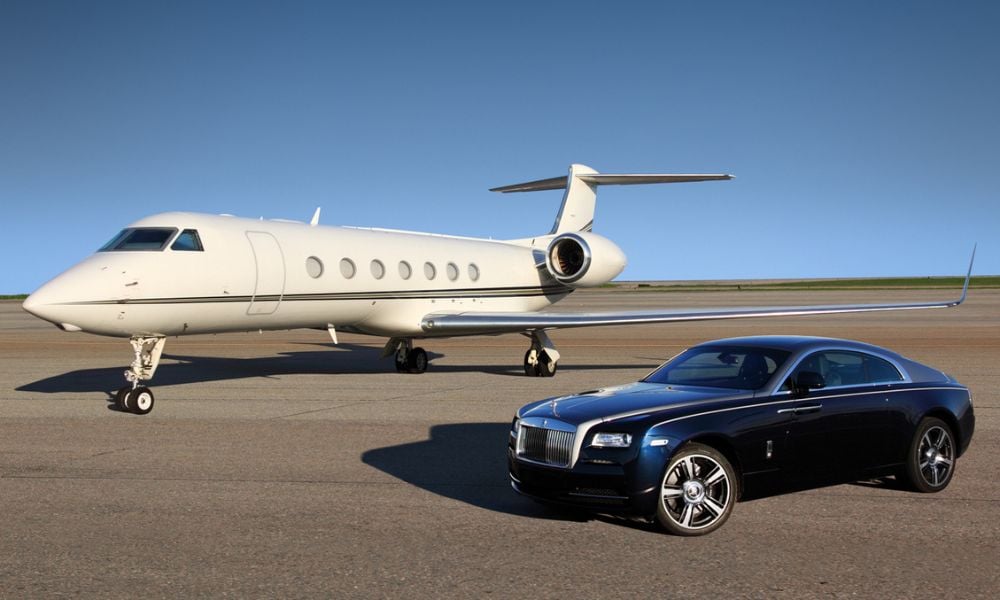
New luxury tax targets vehicles and aircraft priced above $100,000 and vessels priced above $250,000

Canada’s new legislation levying tax on the sale and import of select luxury items has officially become effective, the Canada Revenue Agency announced.
The Select Luxury Items Tax Act imposes a tax on the sale and import of certain vehicles and aircraft priced above $100,000 and certain vessels priced above $250,000. It is part of the Budget Implementation Act, 2022, No. 1 (Bill C-19), which received royal assent on June 23. The new legislation has been in effect since September 1.
According to the CRA, the luxury tax would be calculated as follows:
A vehicle, aircraft, or vessel is subject to the luxury tax if it meets the definition of “subject vehicle,” “subject aircraft,” or “subject vessel” under s. 2(1) of the Act.
“Subject vehicle” means a motor vehicle that (a) has a manufacturing date after 2018; (b) is designed primarily to carry individuals on highways and streets; (c) has a seating capacity of not more than 10 individuals; (d) has a gross vehicle weight of 3,856 kilograms or less; and (e) is designed to travel with four or more wheels in contact with the ground.
Ambulances, hearses, vehicles equipped for police or emergency response activities, and recreational vehicles designed to provide temporary residential accommodation are excluded from the definition.
“Subject aircraft” pertains to an aeroplane, glider, or helicopter with a manufacturing date after 2018 and that meets one of the following conditions:
An aircraft equipped for military activities or solely for carrying goods is not subject to the luxury tax.
“Subject vessel” means a vessel with a manufacturing date after 2018 and designed for leisure, recreation, or sport activities. Generally, floating homes, commercial fishing vessels, ferries, and cruise ships are not included in the definition.
The Act provides that the luxury tax applies to manufacturers, wholesalers, retailers, and importers of vehicles, aircraft, or vessels within the tax regime’s scope and priced above the relevant price thresholds. They are required to register with the CRA as vendors.
Registration should be made by the earlier of the day the sale is completed. In the case of an importation, it should be done by the earlier of the day the subject item is accounted for under s. 32 of the Customs Act.
If the CRA has reason to believe that a person was required to register but did not, it may notify the person in writing that it is proposing to register that person as a vendor. If the person neither applies for registration nor proves they are not required to register, the CRA may register the person as a vendor 60 days after the notice was sent.
If a person required to be registered has not applied for registration, they may be liable to pay $2,000. Meanwhile, an importer required to be registered but has not applied for registration is liable to a penalty under s. 114, in addition to any other penalty. The penalty will be $1,000 or 50 percent of the amount of the luxury tax payable, whichever is greater.